About the MSc Development Management
Development Management views the comparative statics and comparative dynamics of development through the lens of institutions and organisations.
The comparative statics of development are – why are some countries rich and some countries poor at any given moment in time, like a snapshot? Comparative dynamics are the process of getting richer and freer and more developed and more sophisticated and more productive, but also the processes of decay in other cases.
In Development Management, we seek to explain these process of development and also, at any given moment in time, to understand the distribution of countries and societies and regions across the world in terms of development through the lens of institutions and organisations.
Development Studies is a much broader course. The key is in the title of that core course. In Development Management, we look at a narrower range of topics and we go much more deeply, because both courses are taught in the same 20-week period.
The project is the other key difference, which brings out all of the practical skills and practical experiences of a live consulting project with a real development agency or a real private sector firm.
So, for example, we have a wide variety of project types and project clients that range from the World Bank, the IMF, the Inter-American Development Bank to ministries and agencies of developing countries to the big international NGOs like Save the Children or Oxfam or Care, straight across to little tiny NGOs located in developing countries such as Peru or Ghana or Bangladesh, commissioning projects across a wide range of things from the geography to infectious diseases to natural resource management to gender rights, etc.
In addition to the core course, students can take optional courses on a long list that includes all of the courses in our department but also a number of other courses across different departments across the LSE such as social policy, political science, environment, the Gender Institute, international relations and law.
In addition to that, students can really take any 400-level course (meaning any MSc level course) at the entire London School of Economics that they can talk their way into – meaning for which they have a suitable background – which means that students with a physics or mathematics background may have additional courses open to them and other students with a legal or economics background may have additional optional courses open to them.
Admissions Criteria for the Programme
Students come from a wide array of backgrounds. The subject matter of development management naturally appeals to social sciences and so we have lots of them. But we also have mathematicians, literature and journalism majors, historians, physicists and engineers. And we welcome all of them.
What we’re trying to pick when we do admissions for the course is the brightest and most diverse array of students who are really fundamentally enthusiastic about doing development management.
Career Opportunities for MSc Development Management Graduates
Our students end up working in governments in developing countries, as well as big and small NGOs, the big multilateral institutions like the World Bank, the various regional banks, the IMF…
A number of students from recent years have gone on to found electronic banking companies in Zambia and South Africa, for example, or social enterprises in places like Bangladesh and Bolivia. Other students go on to work, for example, in unexpected places like investment banks or in manufacturing firms. Really, any sort of employment that deals with the developing world, even if it’s not doing development per se, can benefit from doing development management and these industries can certainly benefit from hiring development managers.
The International Development Department at the LSE is a wonderfully flexible and open place to study.
The Class of 2014/15
Are you a past or present MSc Development Management student? Have you enjoyed the course? Would you recommend it to interested students? Let us know by leaving a comment below!
Learn more about our other courses
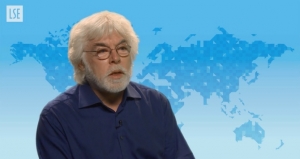 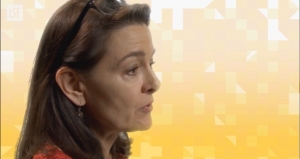  |


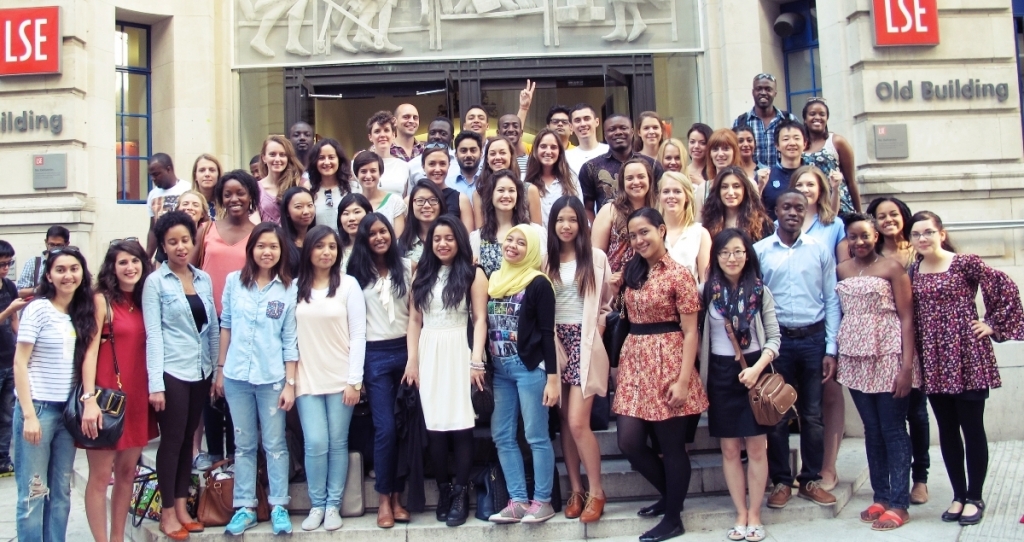

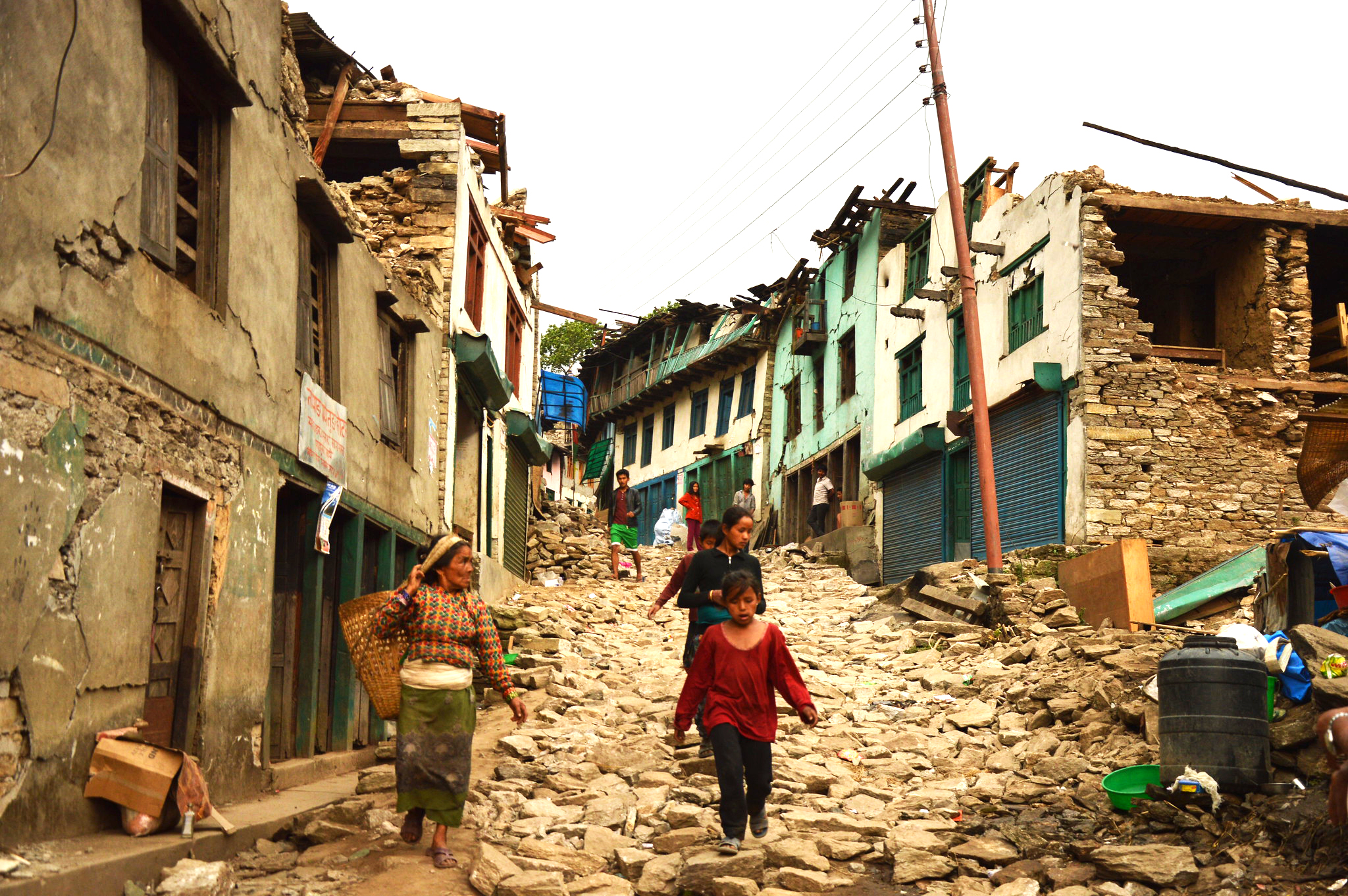
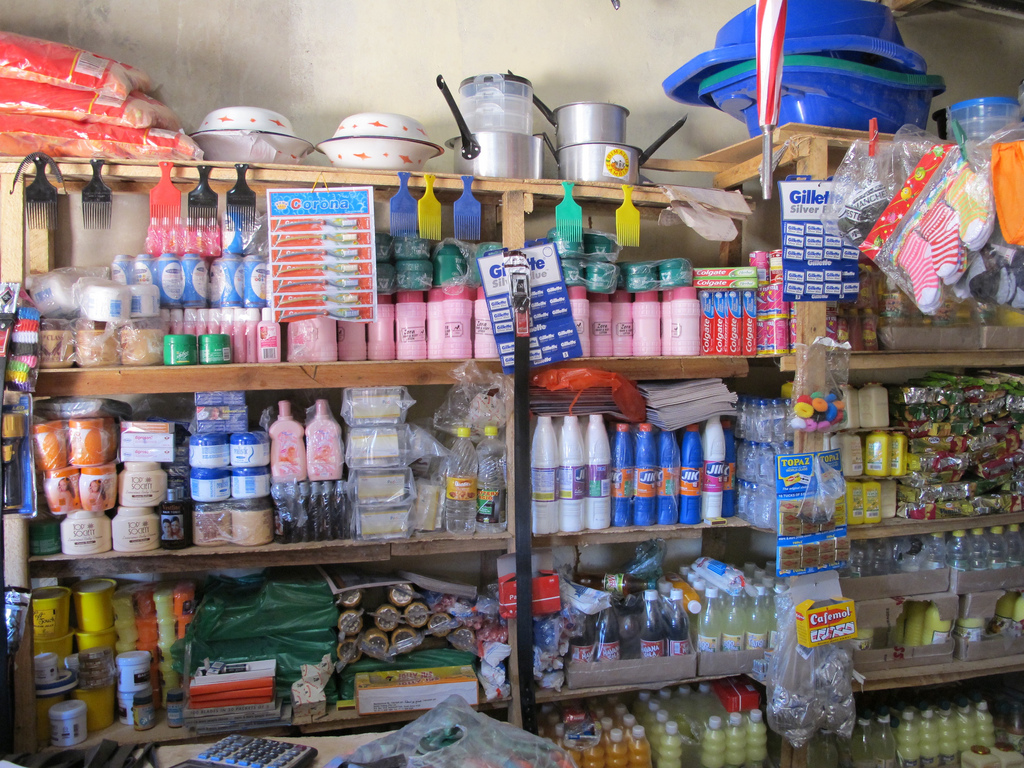
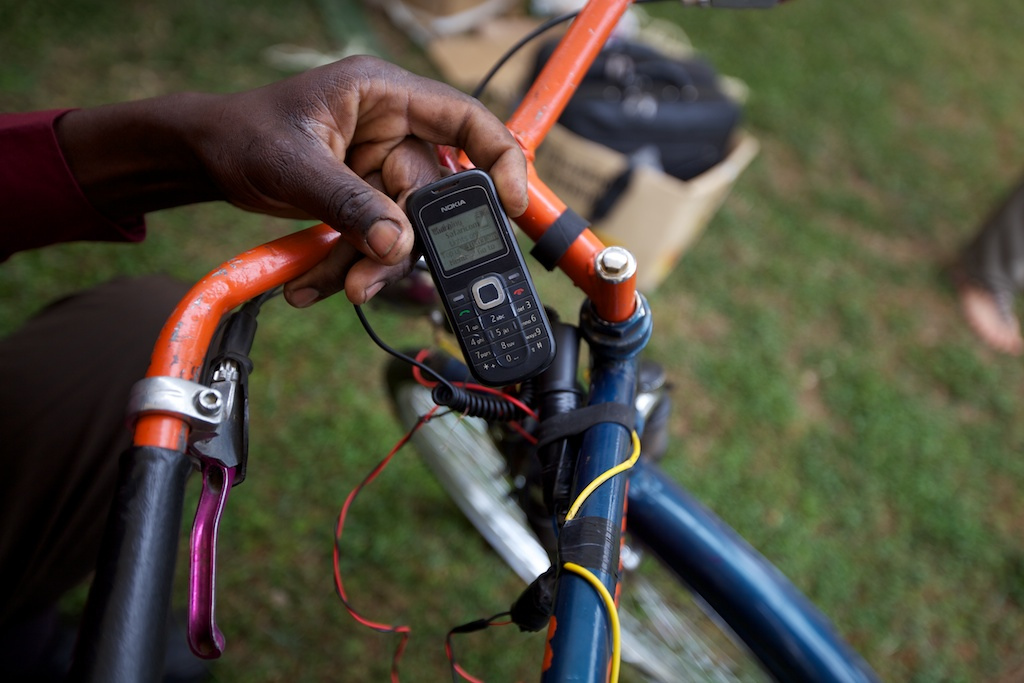
There is only one word to describe the Development Management course – Transformational. The quality of the lectures is excellent. The modules offered are highly relevant. The professors and staff are deeply committed. I entered this course as a development enthusiast. I emerged as a development professional, with a firm grip over the fundamentals of the development process. And I am still learning from the course. Rarely a week goes by in my career as a development professional when I don’t refer back to a text I read or notes from a lecture I attended during the course. Would I recommend this course to others? Without a doubt. It is probably the most honest, clear and comprehensive course on international development available at any of the world’s top universities.
I studied the Development Management Course by Professor Jean-Paul Faguet as part of the University of London International Programmes. This module is very similar to the core course of the MSc Development Management. I scored a first. I enjoyed the module but could not see the full significance of it while studying because some of the material felt quite abstract. Only now, when I am working on a ground-level agricultural project in India, do I understand the full significance of the course material. I am applying what I learnt everyday, especially the part about good vs. perverse incentives.